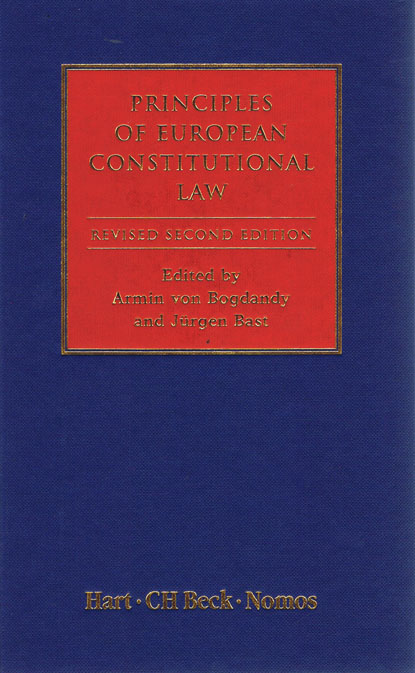
The historic attempt to adopt a Constitution for Europe and its eventual rejection by the electorates of France and the Netherlands led to a renewed and impassioned debate about the future of the EU. Now, with the adoption of the Reform Treaty, the debate about the constitutional architecture of Europe is once again in the full public gaze. More than at any time in the past, Europe is engaged in a process of constitutionalisation which will shape its powers and activities for a generation
Following the warm critical reception given to the first edition of this work, the same editors and contributors have embarked on a second edition which once again presents European constitutional law not merely as a project but as binding law, law which establishes public power, legitimates legal acts, provides for citizenship, protects fundamental rights, and regulates the relationships among legal orders as well as between law and politics.
This, then, is European constitutional law both as it presently stands and as it will look following the Reform Treaty. The contributions present its theoretical and doctrinal fundamentals from the perspective of German-speaking scholarship, reflecting the state of modern research and methodology, illuminating legal doctrines and assumptions, and identifying the future research agenda.